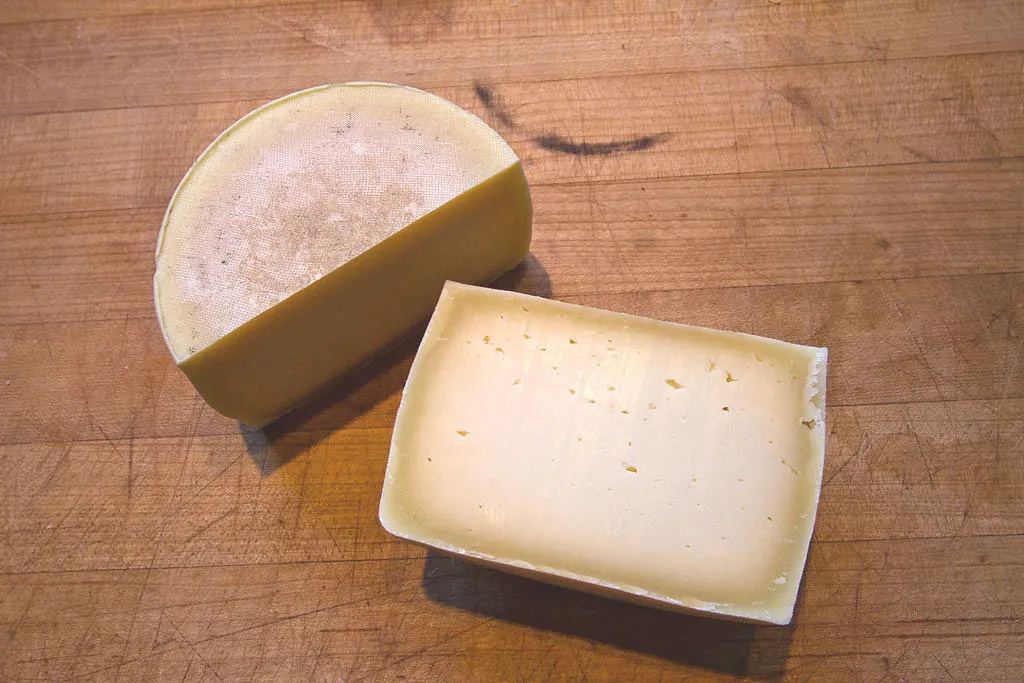
Is Romano Cheese Lactose-Free?
Romano cheese, like most aged cheeses, contains very little lactose. Through the cheese-making process, the lactose in milk is converted into lactic acid by bacteria. As a result, the amount of lactose present in Romano cheese is significantly reduced. While individuals with lactose intolerance may be able to tolerate small amounts of Romano cheese, those with severe lactose intolerance or dairy allergies should still exercise caution and consult with a healthcare professional if unsure.
Romano Q & A
-
Can You Eat Romano Cheese While Pregnant?
Romano cheese is only safe to eat while pregnant if it is made from pasteurized milk. Pasteurization kills harmful …
Read More -
Can Cats Eat Romano Cheese?
Cats are obligate carnivores and don't require cheese in their diet; even so, small amounts of Romano cheese can …
Read More -
Can Dogs Eat Romano Cheese?
Dogs can also enjoy Romano cheese as an occasional treat. However, it's important to note that cheese, including Romano …
Read More -
How Long Can Romano Cheese Sit Out?
Romano cheese, like all cheeses, should not be left sitting out at room temperature for an extended period. Cheese …
Read More -
How To Store Romano Cheese
To prolong the freshness and quality of Romano cheese, proper storage is key. After opening the packaging, it's crucial …
Read More -
Does Romano Cheese Melt?
Many cheeses are known for their melting capabilities, but Romano cheese is not one of them. Romano is a …
Read More -
Is Romano Cheese Gluten-Free?
If you follow a gluten-free diet, you'll be pleased to know that Romano cheese is generally considered gluten-free. Made …
Read More -
Is Romano Cheese Vegetarian?
In most instances, Romano cheese is not vegetarian-friendly. i
Many cheeses are made with microbial or vegetable rennet …
Read More
